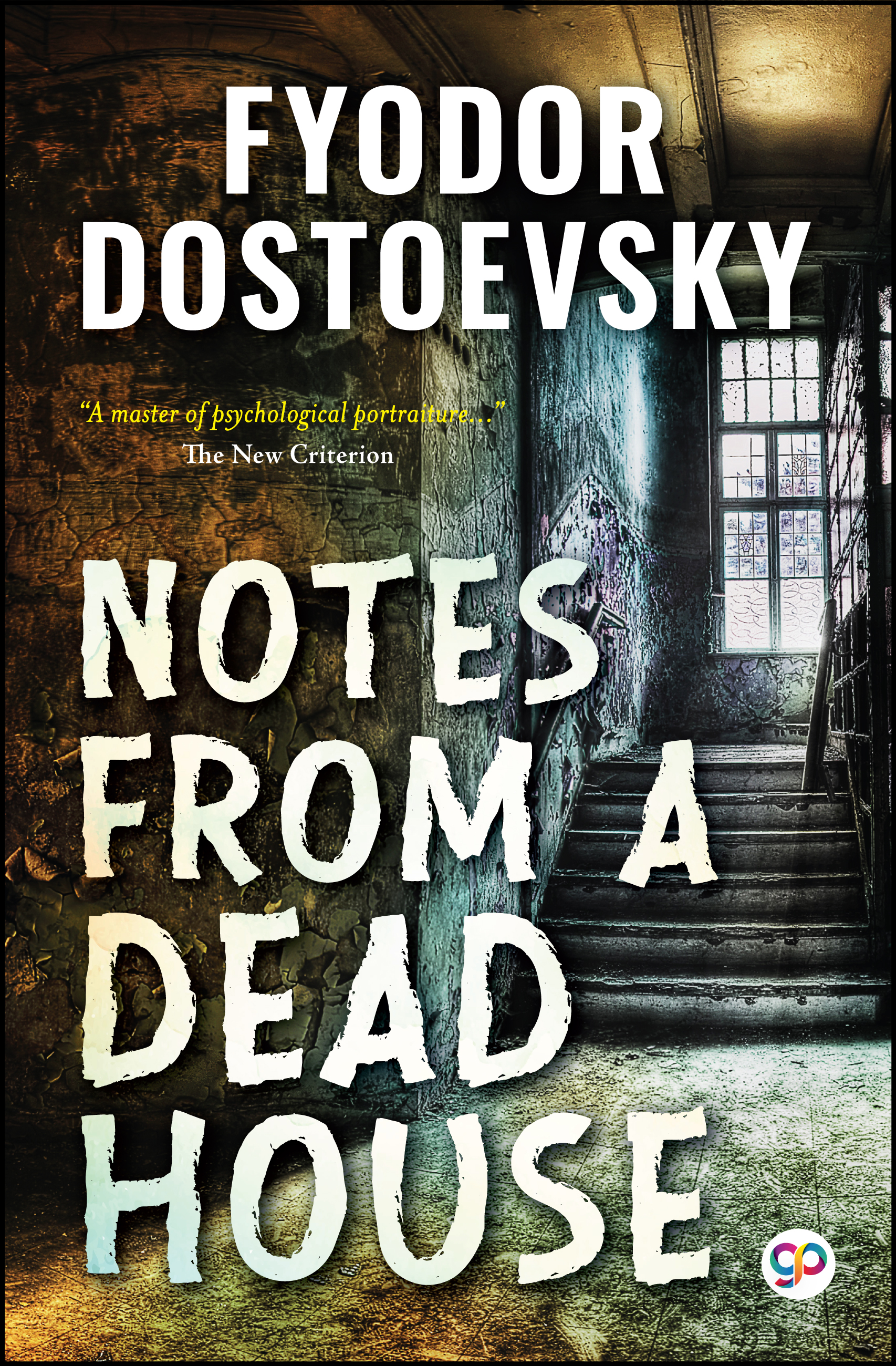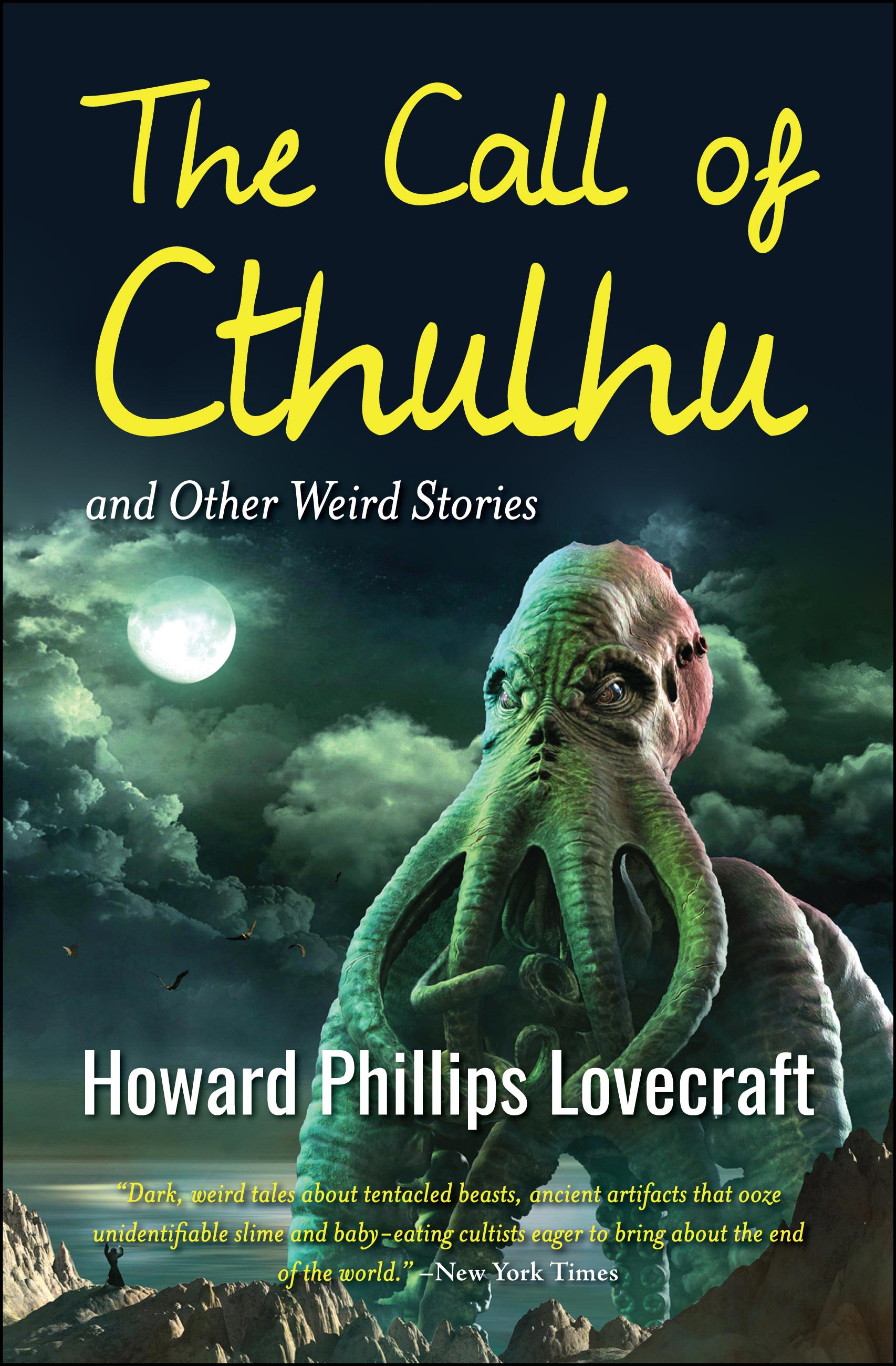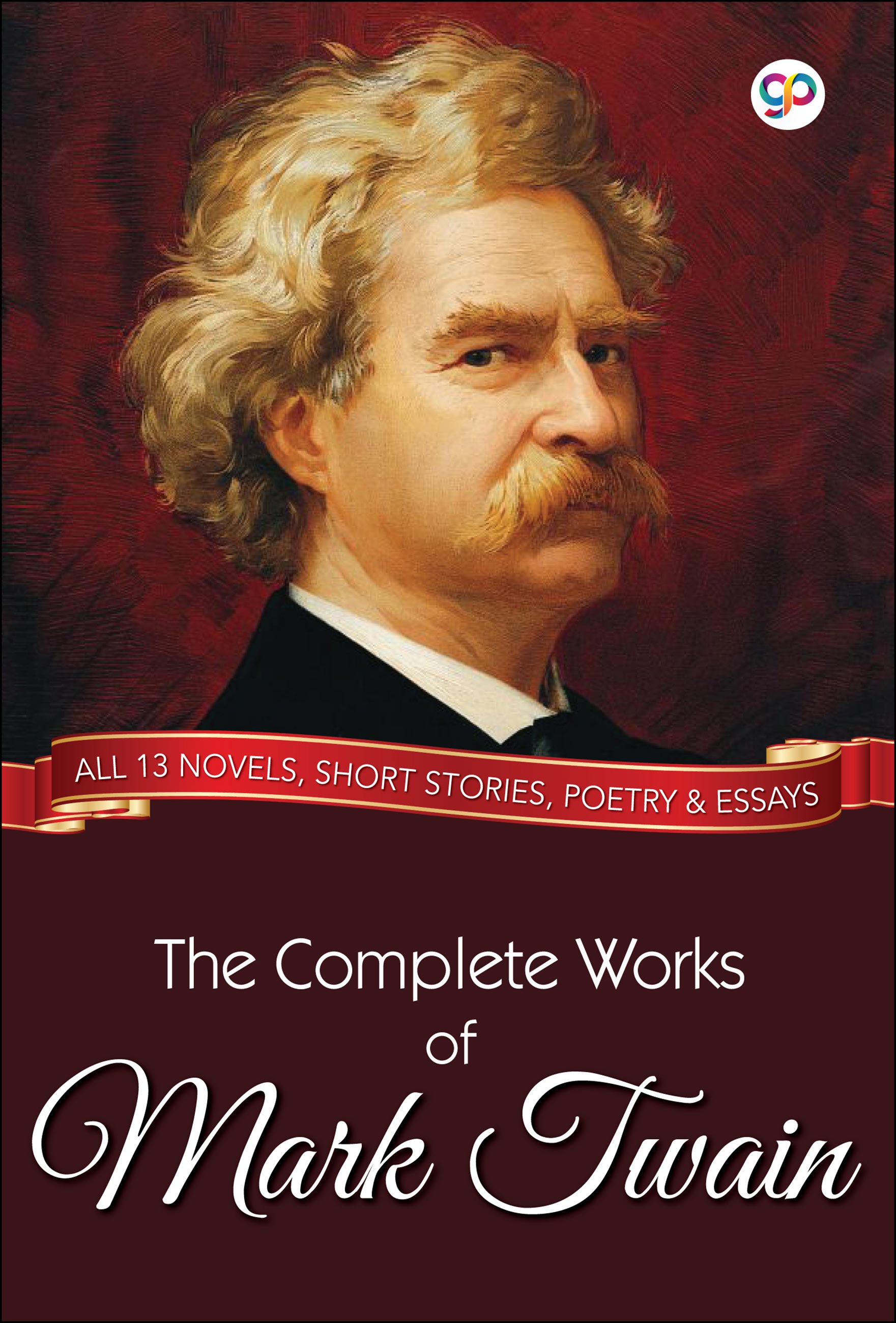
Notes from a Dead House (eBook)
First published in 1861, 'Notes from a Dead House' is a haunting and reflective account of life inside a Siberian prison camp, drawn from Fyodor Dostoevsky’s own experiences as a political prisoner. Told through the eyes of Alexander Petrovich, a nobleman convicted of murder, the novel offers a rare and unflinching look at the daily realities of prison life in 19th-century Russia.
Through a series of powerful sketches and character portraits, Dostoevsky explores the brutal conditions, rigid social hierarchy, and emotional toll of incarceration. Inmates range from hardened criminals to fallen intellectuals, and the narrative reveals both their darkest instincts and moments of surprising kindness. Rather than focusing on action or plot, the novel meditates on the nature of suffering, the possibility of redemption, and the unbreakable core of humanity even in the harshest circumstances.
With philosophical depth and psychological insight, 'Notes from a Dead House' stands as a unique and deeply personal work within Dostoevsky’s body of literature. It is a compelling exploration of the human spirit tested by confinement, and a profound precursor to the moral and existential themes that would define his later masterpieces.
BEST SELLERS
About the Author
Fyodor Mikhailovich Dostoyevsky (11 November 1821 – 9 February 1881), sometimes transliterated Dostoevsky, was a Russian novelist, short story writer, essayist, journalist and philosopher. Dostoyevsky's literary works explore human psychology in the troubled political, social, and spiritual atmosphere of 19th-century Russia. Many of his works are marked by a preoccupation with Christianity, explored through the prism of the individual confronted with life's hardships and beauty.
He began writing in his 20s, and his first novel, Poor Folk, was published in 1846 when he was 25. His major works include Crime and Punishment (1866), The Idiot (1869), Demons (1872) and The Brothers Karamazov (1880). His output consists of 11 novels, three novellas, 17 short novels and numerous other works. Many literary critics rate him as one of the greatest psychologists in world literature. His 1864 novella Notes from Underground is considered to be one of the first works of existentialist literature.
Born in Moscow in 1821, Dostoyevsky was introduced to literature at an early age through fairy tales and legends, and through books by Russian and foreign authors. His mother died in 1837, when he was 15, and around the same time he left school to enter the Nikolayev Military Engineering Institute. After graduating, he worked as an engineer and briefly enjoyed a lavish lifestyle, translating books to earn extra money. In the mid-1840s he wrote his first novel, Poor Folk, which gained him entry into St. Petersburg's literary circles.
In the following years, Dostoyevsky worked as a journalist, publishing and editing several magazines of his own and later A Writer's Diary, a collection of his writings. He began to travel around western Europe and developed a gambling addiction, which led to financial hardship. For a time, he had to beg for money, but he eventually became one of the most widely read and highly regarded Russian writers. His books have been translated into more than 170 languages. Dostoyevsky influenced a multitude of writers and philosophers, from Anton Chekhov and Ernest Hemingway to Friedrich Nietzsche and Jean-Paul Sartre.












